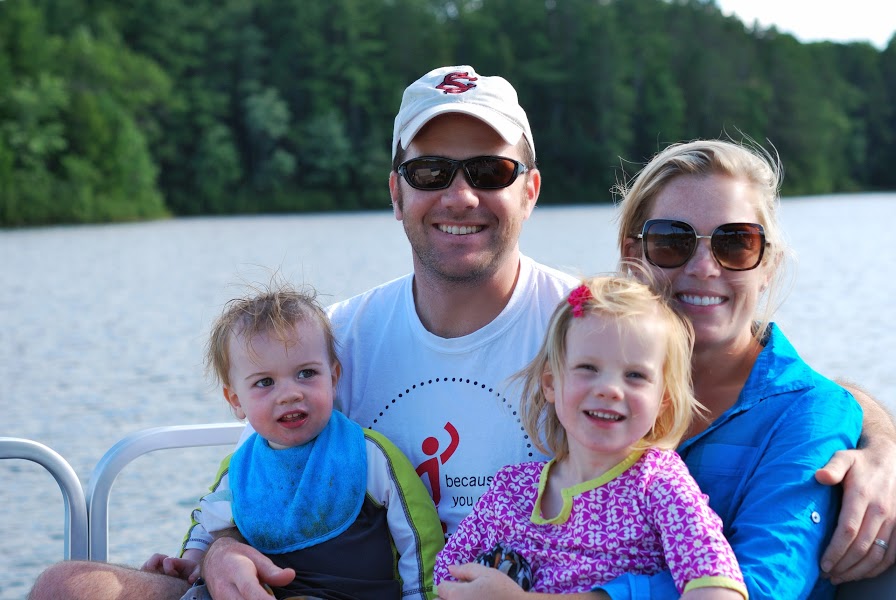Here is my response to the and published in the Washington Post on November 19. https://www.washingtonpost.com/opinions/the-21st-century-cures-act-could-be-a-harmful-step-backward/2015/11/19/919ace5e-8e27-11e5-acff-673ae92ddd2b_story.html
While it is admirable that the authors aim to protect women and the elderly from unanticipated side effects from sleeping pills, arthritis medication, or hip transplants, they are also advocating for greatly increasing the cost of trials and time-to-market for potentially life-saving drugs. Testing therapeutics against every conceivable subgroup is incredibly expensive and will add years to the already cumbersome trial process. Increasing the cost of trials decreases incentives for pharmaceutical companies to invest in the rare disease space. It means fewer potential treatments will be tested in patients. Increasing the time-to-market means that my friends die while we tried to protect them from unknown side effects.
Three years ago, between my son’s first birthday and my daughter’s third, I was diagnosed with Amyotrophic lateral sclerosis, or ALS. I was told I had 2 to 5 years to live and that I would progressively lose my ability to walk, to speak, to eat, and to breathe. According to President Barack Obama’s Council of Advisors on Science and Technology, “Over the past 50 years, the time from drug discovery to drug approval has nearly doubled from 8 years in the 1960s to roughly 14 or more years now.” That means if a cure for ALS was found today, at least three generations of patients would die before it reached the market. Make no mistake, authors are advocating for the lengthening this process.
While we should not rollback regulations to levels from the early 20th century, we should also not insist on using data in the same ways we have done so since the 1950s. The 21st Century Cures Act gives the FDA flexibility in interpreting data. If a doctor believes that an approved drug is still risky, she should have a frank discussion with her patient. However, it does not mean we should prohibit all patients from accepting those risks. We should be empowering doctors and patients to make informed decisions.
Every single day I see a friend pass away from ALS. Every single day I grow slightly weaker and hugging my kids and speaking to my wife becomes more difficult. Every. Single. Day. Days matter.
Protecting patients from unknown side effects must be weighed against protecting them from disease. It is the 21st century. We have new tools to construct smaller, more efficient trials and interpret new forms of data. Let’s use these new tools and not put our heads in the sand and protect me and my friends to death.
Dr. Stephen Finger is an economics professor at the University of South Carolina’s Darla Moore School of Business. He is on the board of the Every90Minutes Foundation and HopeNowForALS, and is an ardent supporter of the ALS Therapy Development Institute.
